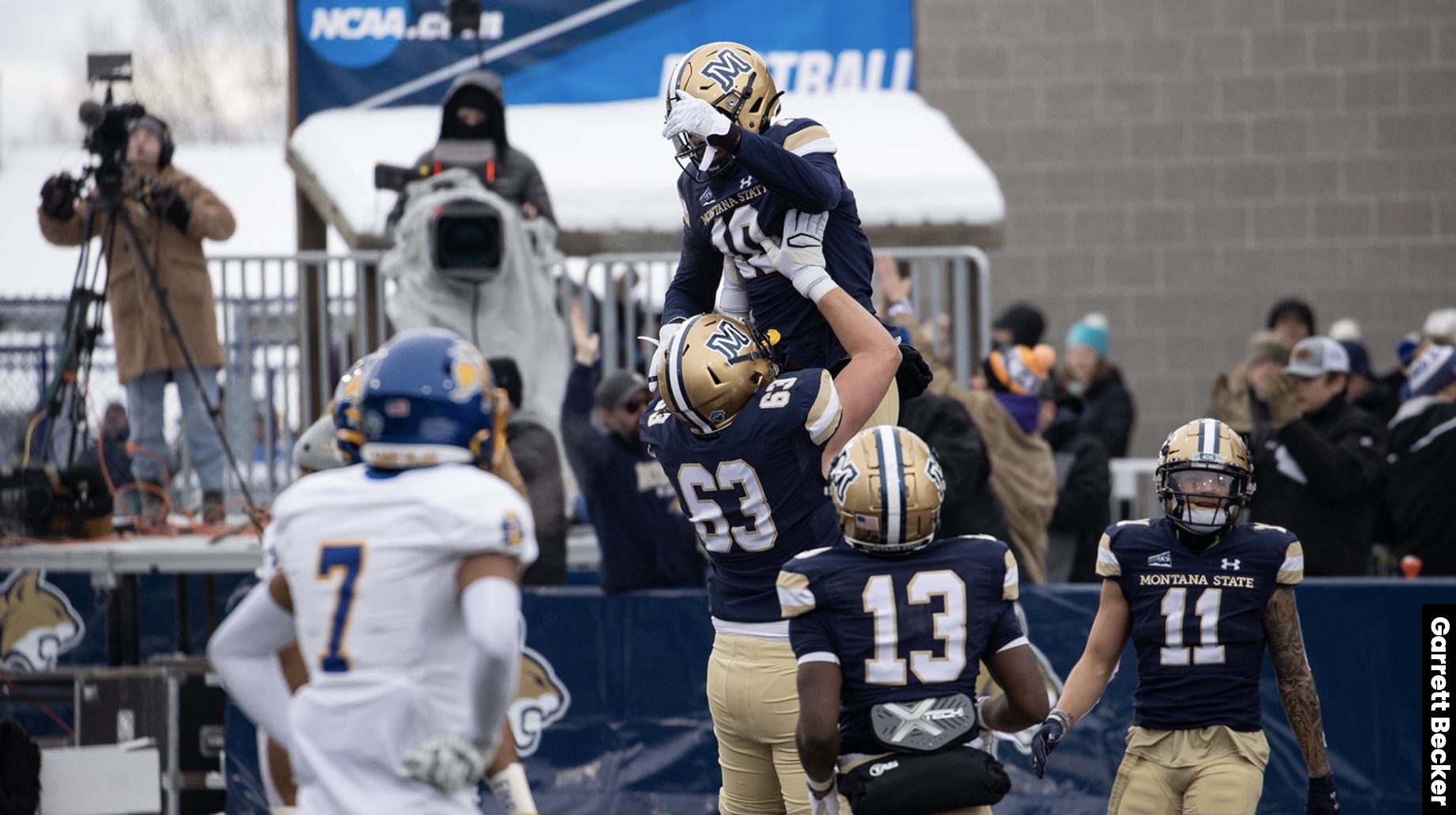Montana’s Public Service Commission will get to weigh in on the sale.
By Tom Lutey MONTANA FREE PRESS
South Dakota-based Black Hills Corp. is acquiring Northwestern Energy.
The two utilities announced their all-stock transaction Tuesday. In the $3.6 billion deal, the power shifts to Black Hills, which emerges as the majority owner in a new company, with Black HIlls’ home base of Rapid City being the new company’s headquarters. Each share of NorthWestern Energy stock would convert to 0.98 shares in the yet-to-be-named new company. Black Hills shares, meanwhile, would be weighed as they are currently. The resulting mix will be 56% Black Hills to 44% NorthWestern. Black Hills will have six directors to NorthWestern’s five on a new corporate board.
NorthWestern CEO Brian Bird will lead the company once the transaction is final in a year to 15 months, and Black Hills CEO Linn Evans will retire, according to a press release.
During a joint conference call Tuesday, executives for the companies said they’ve considered teaming up before. Increased expectations for significant growth in the industry prompted Tuesday’s action.
“From our perspective, it’s just what’s happening in the utility space today, and this expectation of significant growth, something we haven’t seen in the last two decades, and the necessity to be able to capture that scale is going to be extremely important for us,” Bird said.
The transaction, with power in the arrangement flowing to Black Hills, and the uptick in today’s stock prices going mostly to NorthWestern, behaves more like a sale than a merger, said investment adviser Gary Buchanan, of Buchanan Capital in Billings.
“It kind of shows in the price movement for the day, right? NorthWestern is up three bucks, three and a half. Black Hills is up 40, 50 cents,” Buchanan said. “You have two underperforming companies with overpaid executives rationalizing a merger.”
Over the past five years, Black Hills Corp.’s five-year compound annual growth rate for revenue is 5.77%, NorthWestern’s is 3.77%. Bird’s annual compensation is roughly $4.8 million to Evans’ $5.7 million, Buchanan said.
The Montana Public Service Commission will get to weigh in on the sale.
“Public interest. We will be weighing that,” said PSC Chairman Brad Molnar on Tuesday. Molnar was on the commission in 2006 when NorthWestern attempted to sell to Babcock and Brown Infrastructure, an Australian company. Heavily scrutinized by Montana’s utility commission at the time, the deal fell through.
The challenge for the PSC, said Anne Hedges of the Montana Environmental Information Center, will be making sure that NorthWestern’s Montana customers aren’t shouldering the Black Hills’ costs in other states.
“This is a company that has invested in more renewables lately than NorthWestern. That’s encouraging. This is a company that has a lot of oil and gas and coal in its portfolio. This is a company that is very scattered across the region between its gas operations and electric operations, which is going to make it very difficult to not only manage but differentiate,” Hedges said. “It is going to be critical that the Public Service Commission insulate Montanans from any of the potential risks of the rest of that portfolio.”
Bird told reporters Tuesday morning that NorthWestern’s plans for accepting more shares of Colstrip Power Plant from departing coowners at year’s end isn’t changing.
Natural gas comprises the bulk of Black Hills’ customer base, with more 1.1 million natural gas customers in eight states from Arkansas to Canada. Black Hills electric customers number roughly 225,000, mostly in South Dakota, Wyoming and Colorado. A small number of southeast Montana customers are served by Black Hills.
Conversely, NorthWestern Energy has more electric customers, roughly 478,700, with roughly 80% in Montana and the remainder in South Dakota. The company serves roughly 308,300 natural gas customers, roughly 70% of which are in Montana, with the remainder in South Dakota and Nebraska.Although the directors of both companies have agreed to terms, an investor rights law firm, Halper Sadeh, announced Tuesday that it is looking into whether NorthWestern obtained the best possible terms for its shareholders and whether Black Hills is underpaying.














